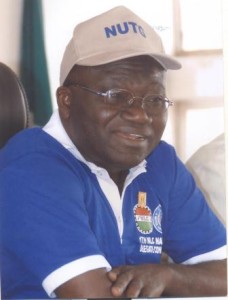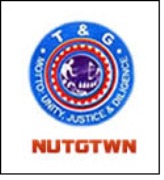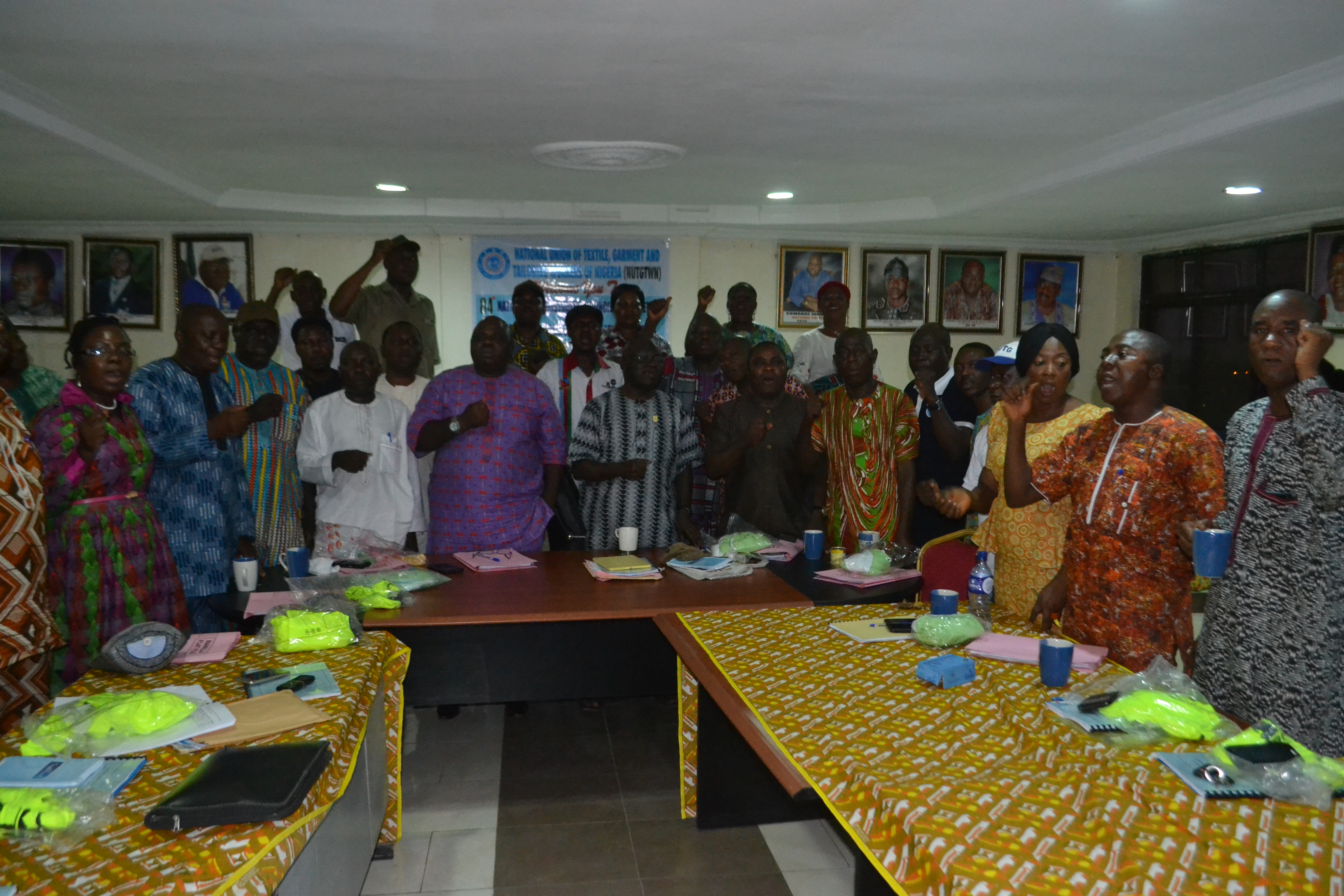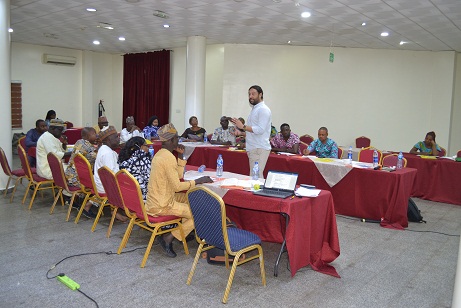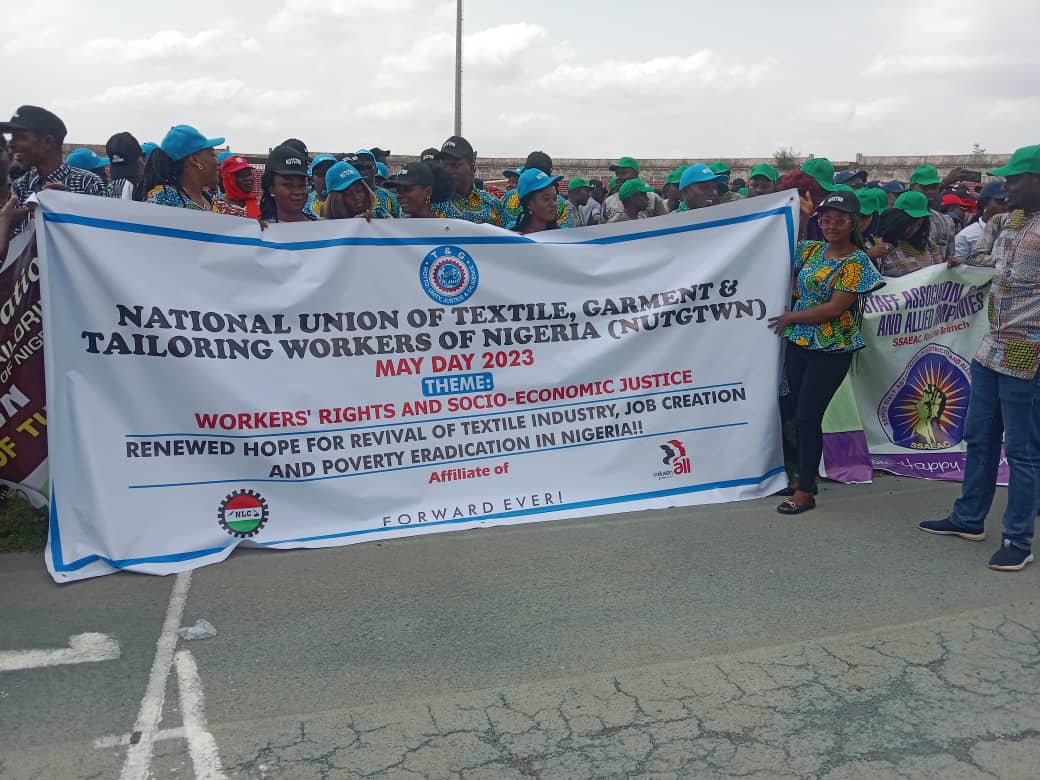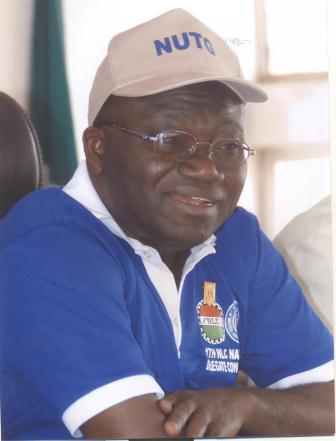
The mid-week exchange of star words between NLC/TUC on the one hand and the Presidential Advisory Committee against Corruption (PACAC) once again points to the deep conceptual crisis about the official war against corruption in Nigeria under President Muhammadu Buhari just as much it was conceptually flawed under the previous administrations.
Last Monday in Lagos, Presidential Advisory Committee held a meeting. True to the labour’s traditional insistence on inclusion in governance, Simeso Amachree, the Acting Secretary of the TUC, advised the Committee to include the representatives of the two labour centres on the Advisory Committee because according to him, labour has wider outreach to spread the anti-corruption message to millions of workers and citizens. An innocent and legitimate advise which ordinarily should be well received or at worse elicit further clarification from the presidential panelists sadly degenerated into verbal war of attrition.
Irked by the suggestion, Femi Odekunle, PACAC member dismissed it, describing “people parading themselves as labour leaders” as “corrupt and compromised.” Odekunle, who is also a professor of criminology, said instead of pushing to be members of the anti-corruption advisory committee, labour should use its power to fight corruption citing the example of South Korea where citizens had risen in protest against corruption.
Etannibi Alemika, a professor of sociology and a member of the Committee, went further to accuse the union members of “grandstanding” on a national issue that ought to be taken serious. “We are talking about Nigeria’s problem of corruption, you are posturing yourself as if PACAC has a problem in their advisory role and you have to help them solve it,” Mr. Alemika, reportedly said. Professor Itse Sagay, the committee chairman, instead of moderating the two views opted for the least resistance through unhelpful group self defence saying “people don’t need to belong to PACAC to fight corruption.
“PACAC is not made up of representatives of any groups or sectors,” professor Sagay said. “Fight corruption from your own organization,” he told the comrades. A day after, in a statement the Labour leadership said the committee members’ portrayal of organised labour as a corrupt bunch underscored “arrogance” and “self-righteousness” on the part of (PACAC). NLC went further to condemn the “unwarranted attack” launched against members of organised labour by members of the Presidential Advisory Committee. Ayuba Wabba, the NLC President, rightly recalled that organized labour had been in the forefront of supporting President Muhammadu Buhari’s anti-corruption campaign, adding that, organized labour organized a nation-wide anti-corruption rally and wrote President Buhari and the leadership of the national assembly to strengthen the advisory committee.
Its time Nigeria fashioned out sustainable anti-Corruption war. What manner of war is it that its foot soldiers are at war with each other? Certainly both the labour movement and PACAC should be allies in fighting corruption not adversaries. For one, labour is the main causality of the wholesome looting of the commonwealth by some public officers.
Monies stolen in varying denominations cannot be available for payment of salaries, building of necessary infrastructure needed for industrial development which is the key to sustainable decent mass jobs. As Comrade Ayuba had pointed out the labour movement had risen in support of anti- graft war out of self-enlightened realization that labour is the main victim of corruption.
Conversely the presidential panel against graft can make do with more suggestions aimed at realizing its objective. If an advisory committee loathes inclusive advice and suggestions, why should the presidency take its own advices and suggestions serious? PACAC should encourage free expressions on how to combat graft and stop silencing alternative complimentary views through cheap black mail and smear such as “labour leaders are corrupt”. Labour movement is not the same as “corrupt labour leaders” just as “corrupt academics” are not the same as academia where most PACAC members are drawn.
PACAC should maximize the potentials of the labour movement and other civil societies and interfaith groups like churches and mosques to complement Buhari’s war against corruption through direct constructive engagement and not dismissive and intolerant dismissal of suggestion. Labour’s suggestion on inclusion on the committee means that labour rightly supports the war on graft and wants to be part of the ownership of this war. PACAC should not give an impression that its anti-corruption campaign “is a dinner party” in which attendance is restricted by invitations or that membership is restricted to some intolerant and dismissive academicians. If you ask me, labour’s inclusion on the Advisory committee on corruption is as unnecessary as the existence of PACAC itself.
Indeed it is debatable if Nigeria needs another bureaucracy in form of PACAC given the existence of EFCC and ICPC whose functions are not mutually exclusive of advising the President on corruption. We should not build another anti-corruption industry with exclusive jobs for some tired and impatient professors. On the contrary, we must put a time line on the cancer of corruption and set to work for development. Let’s replace corruption agenda with development agenda.
The promise of independence and governance is not to be catching thieves and fighting corruption as such, but promoting investment, opening industries, schools, ensuring food security and self-reliance, and join the comity of nations in the match of humanity for prosperity and general well-being. Therefore the earlier Nigeria gets corruption and financial crimes off its agenda by eradicating these cancers and return on the part of development, hard work, honesty and integrity as it was during the 60s and 70s.

